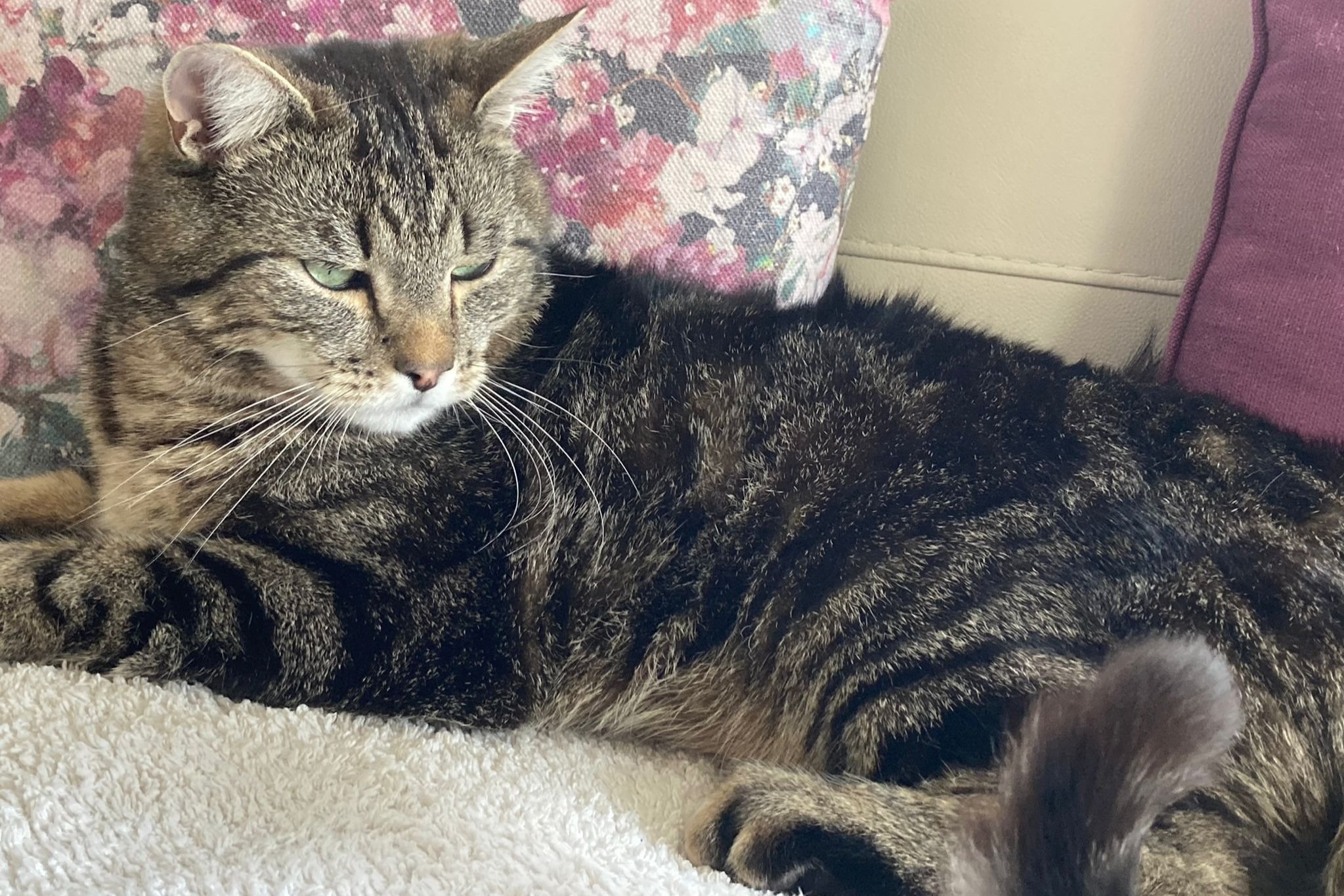I have a favourite story about how a young woman made it into her first job. She was doing work experience as a recent graduate at a company she would have loved to work for, and had spent a week trying her best to get to know people and make a good impression. But she felt as though she hadn’t got very far, and on the final day was out of time.
She was eating lunch in the canteen when someone quite senior asked her how she was getting on, and whether she would stay for a full-time job with the company. When she told him there weren’t any current job openings, he asked why she didn’t just speak to the boss directly, and express an interest. “Shy bairns get no sweets”, he told her. At first she didn’t understand his wisdom, delivered with a hearty Scottish accent, but eventually got the gist.
She did email the boss, asking about job openings. There weren’t any, but he told her he would keep her informed, and six months later she was back for an interview. She got the job, and did well. The following year, the senior colleague who had told her to contact the boss directly announced he was leaving. She remembered what he had said to her, and applied for his position, despite the fact that he was at least 20 years more experienced than she was.
She got the job. She was thrilled – especially as it was not something that had ever occurred to her eighteen months previously, when she had been looking for her first foot in the door. I find this story useful when teaching, to encourage others to have confidence to take the leap when needed and put themselves forward for things even when they might feel out of their league. If you don’t ask, you’ll never know.












